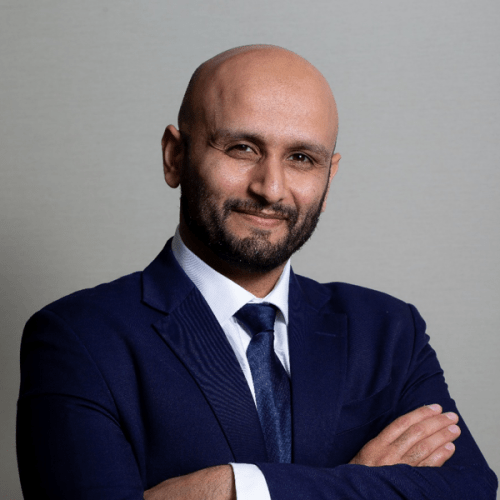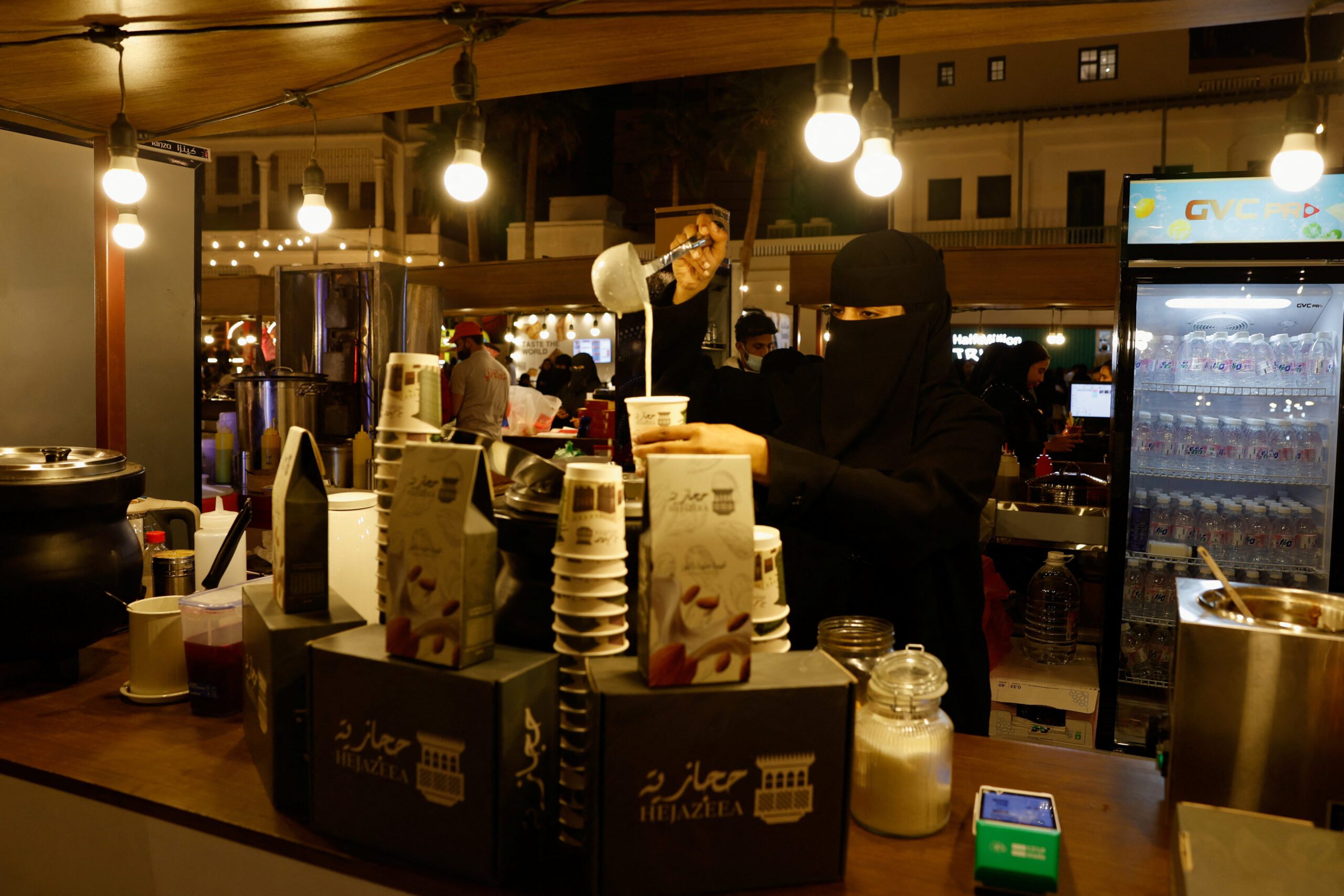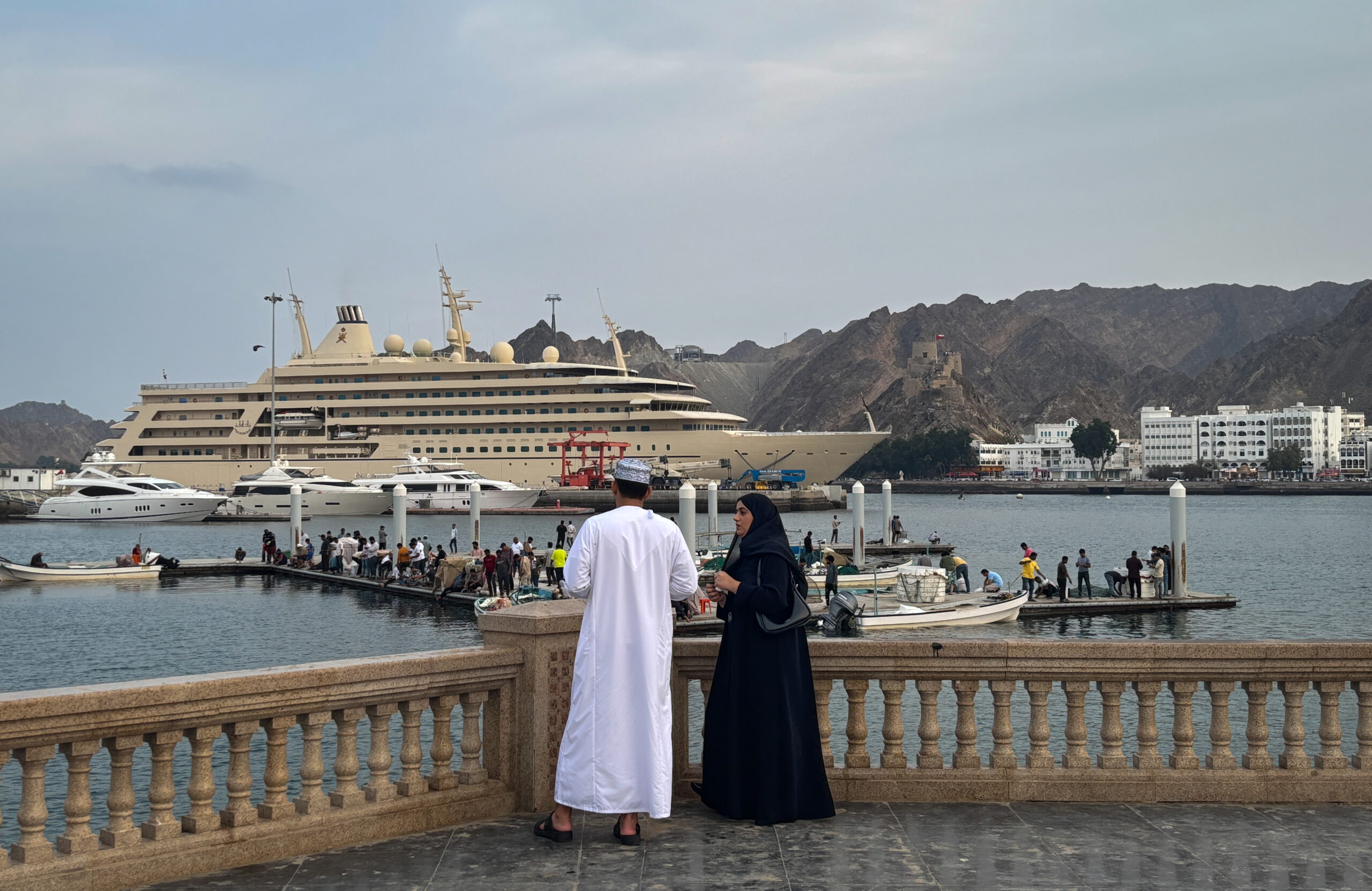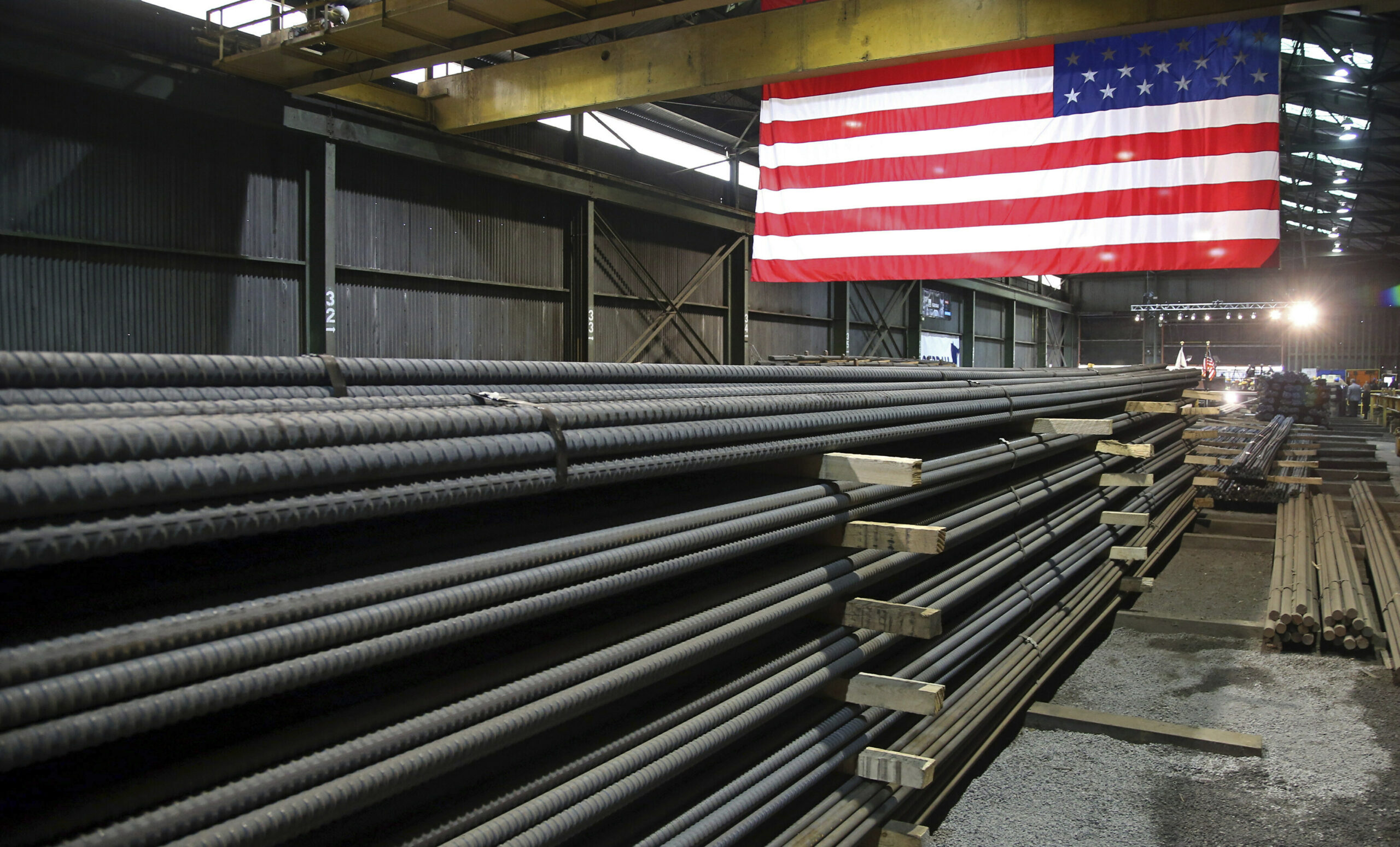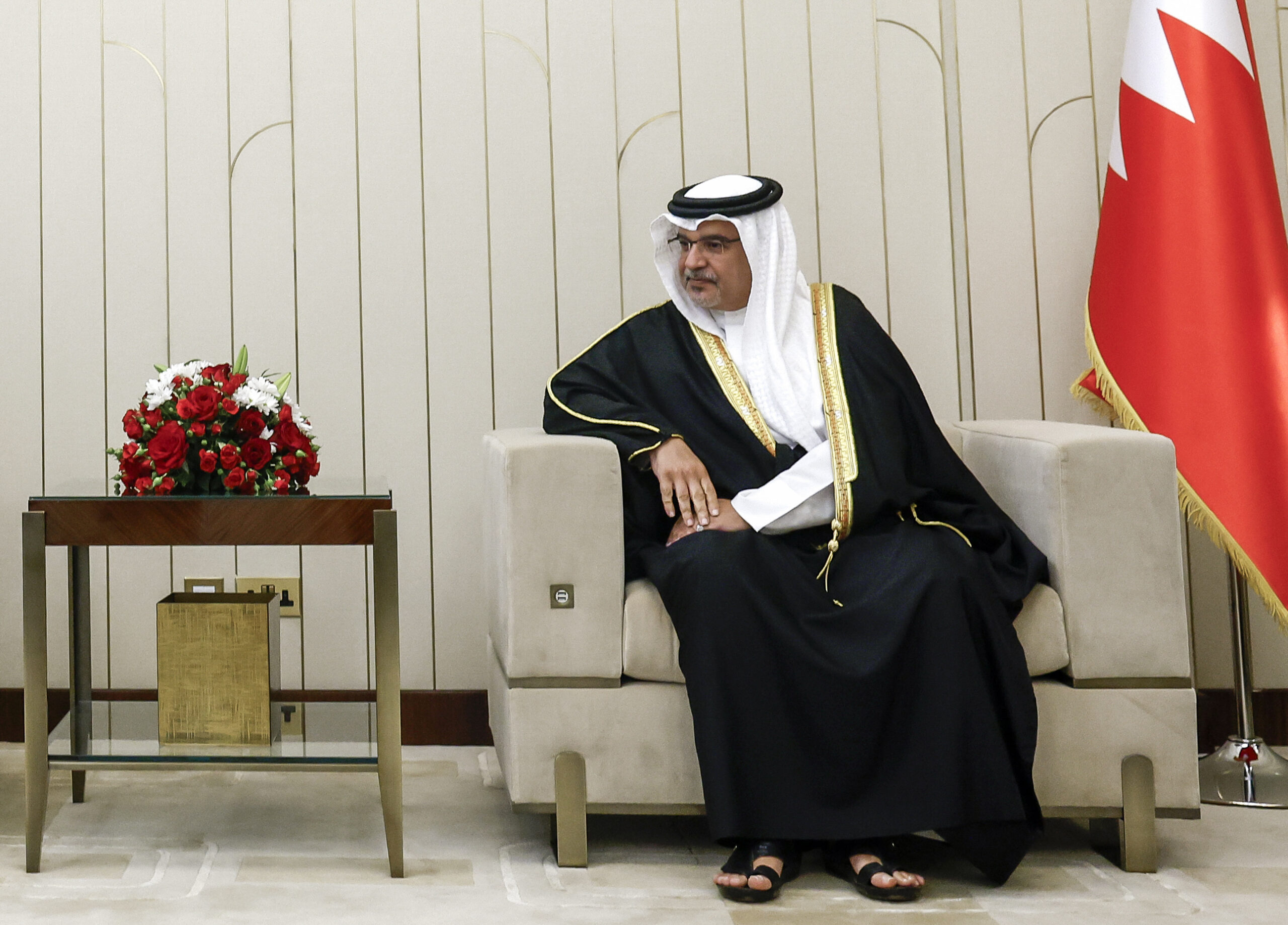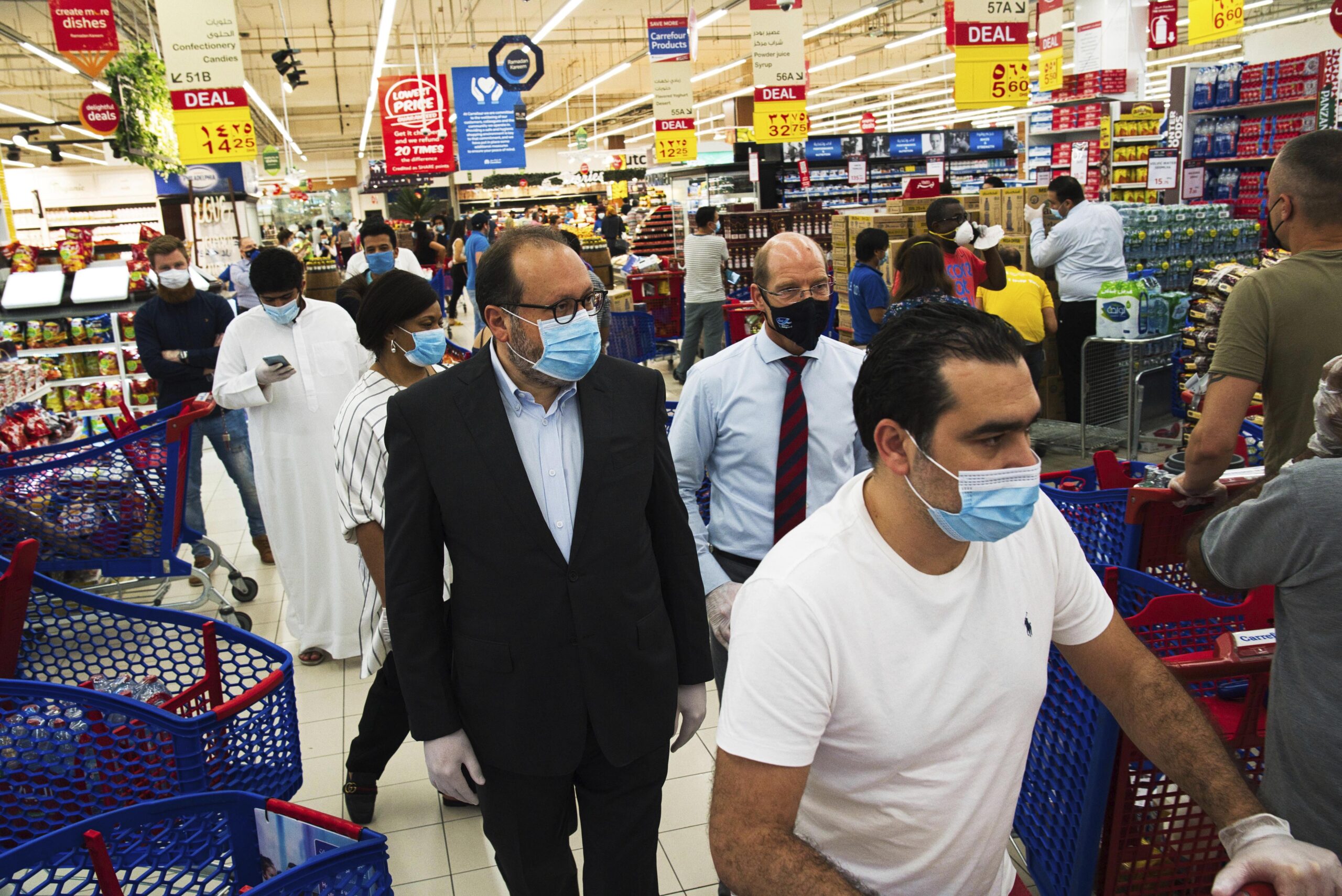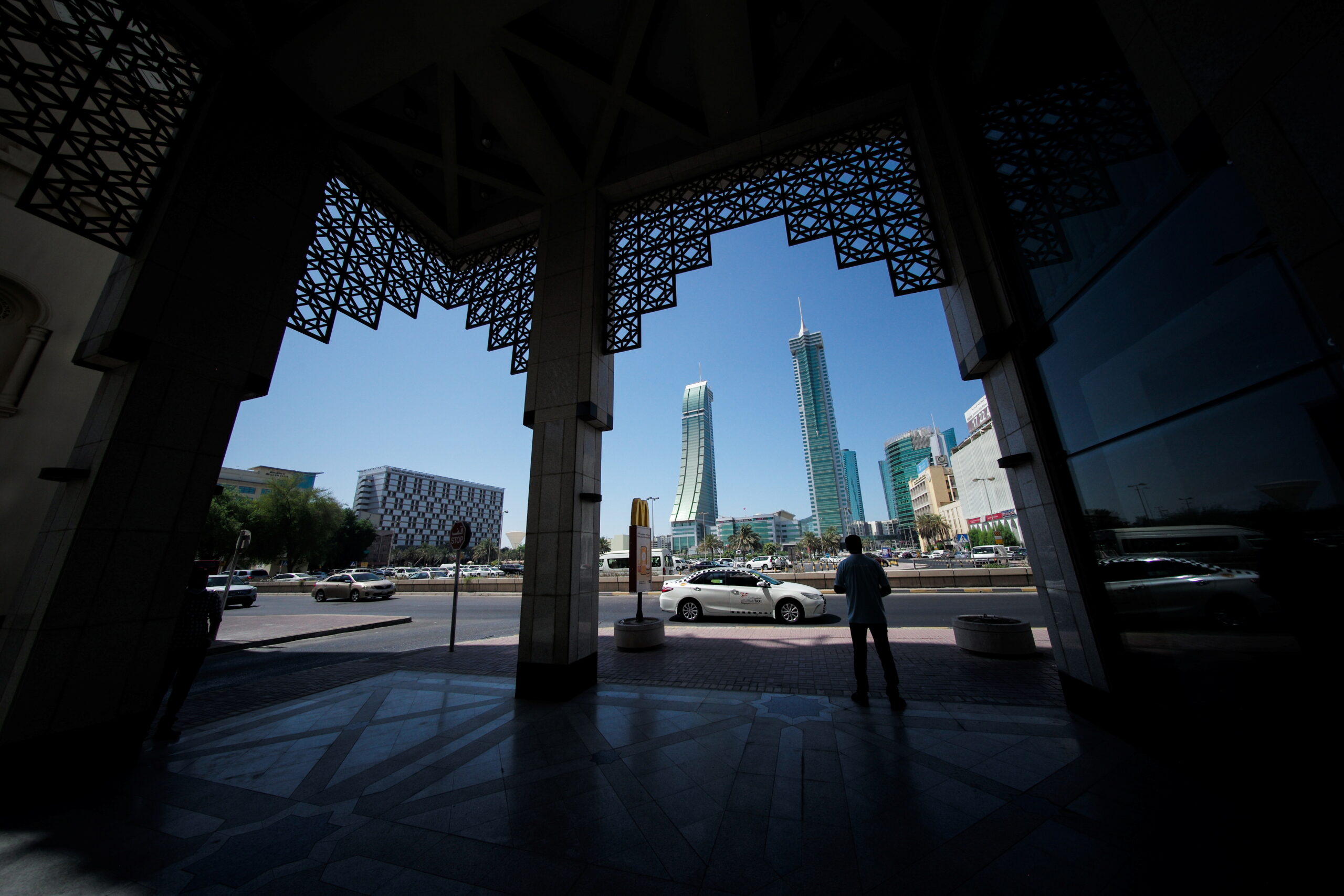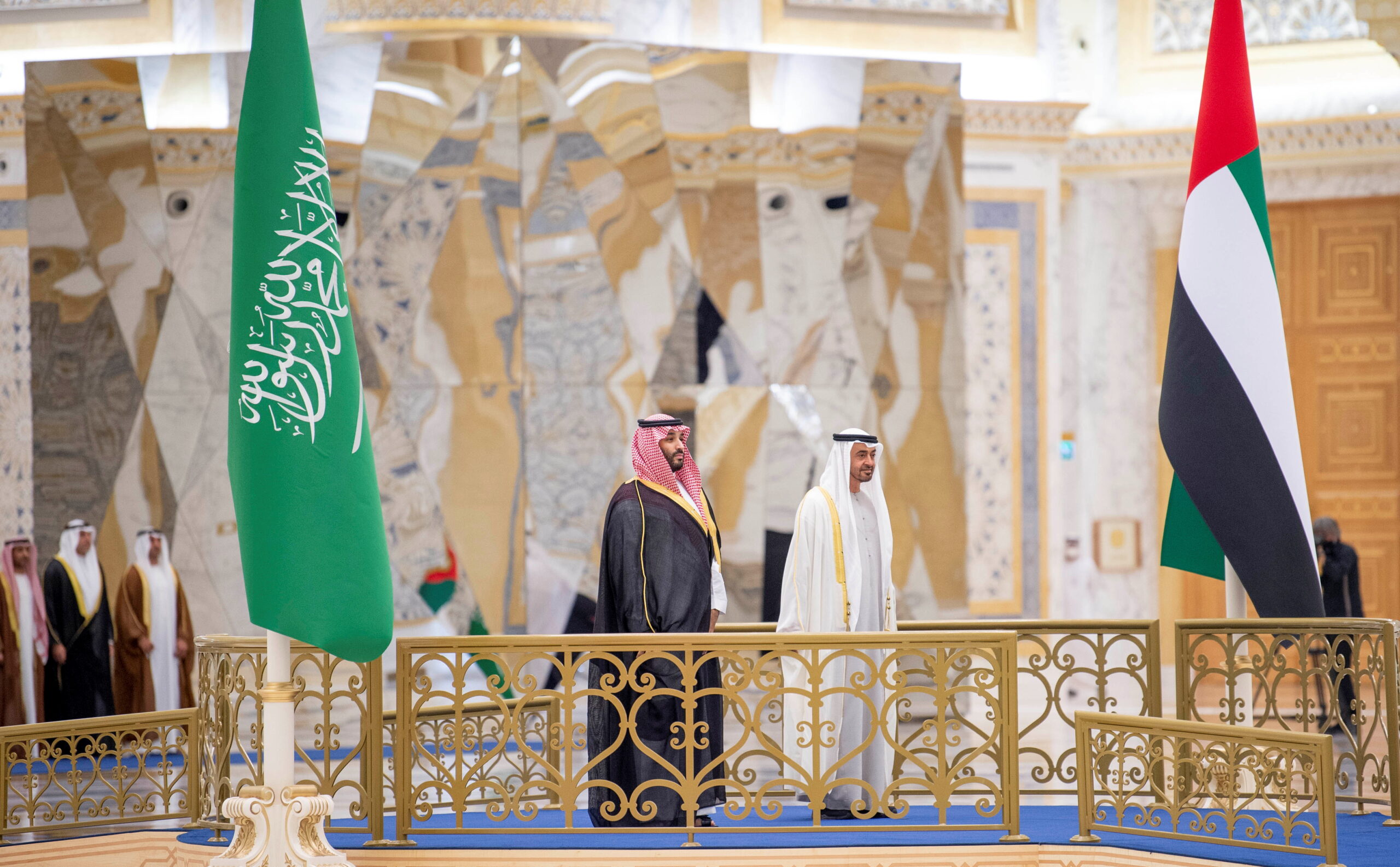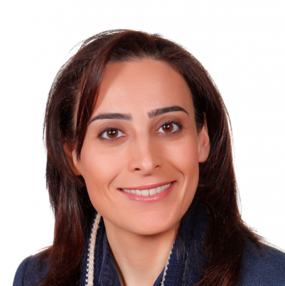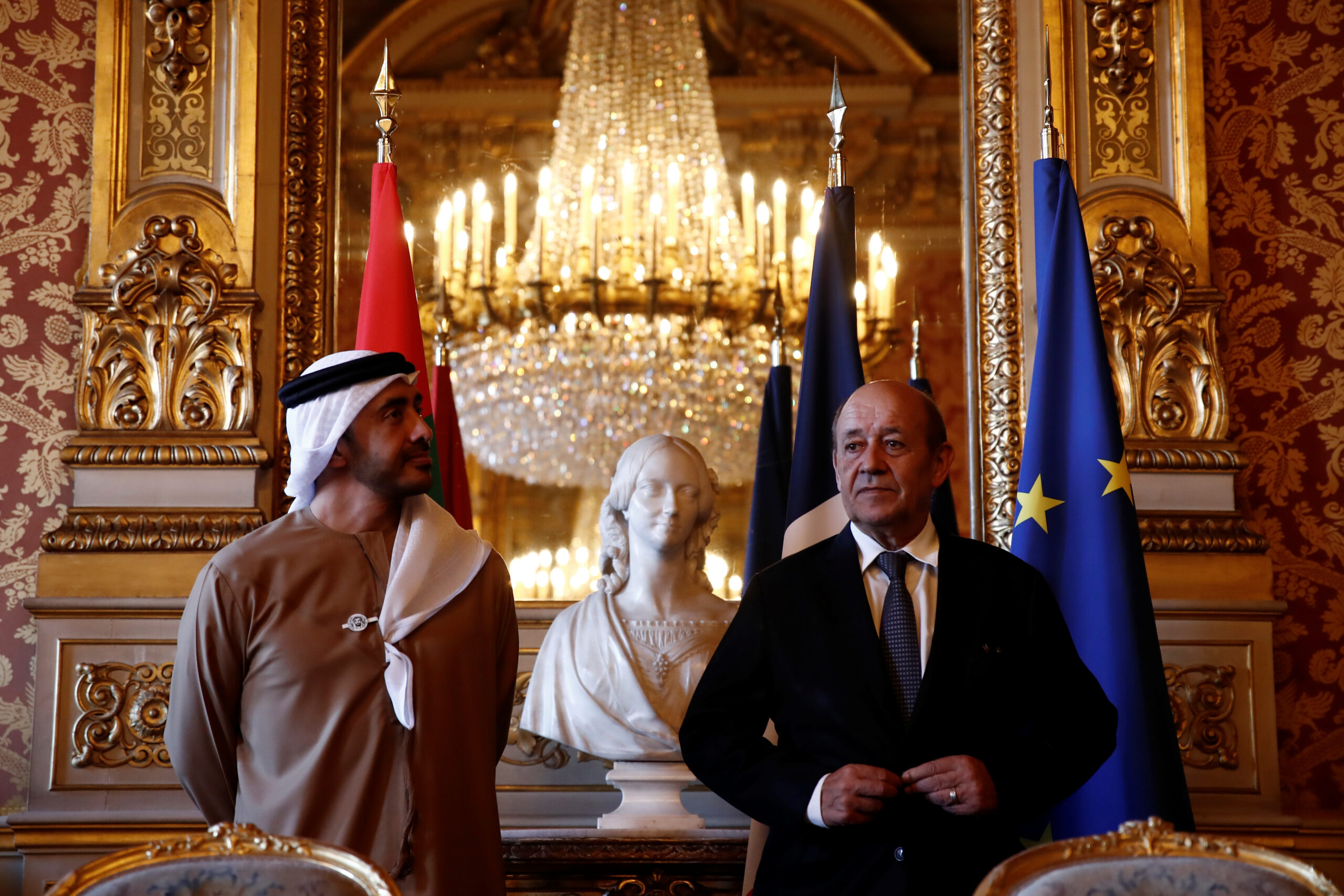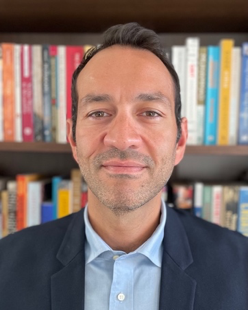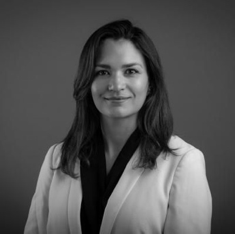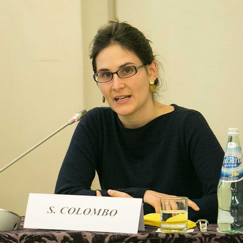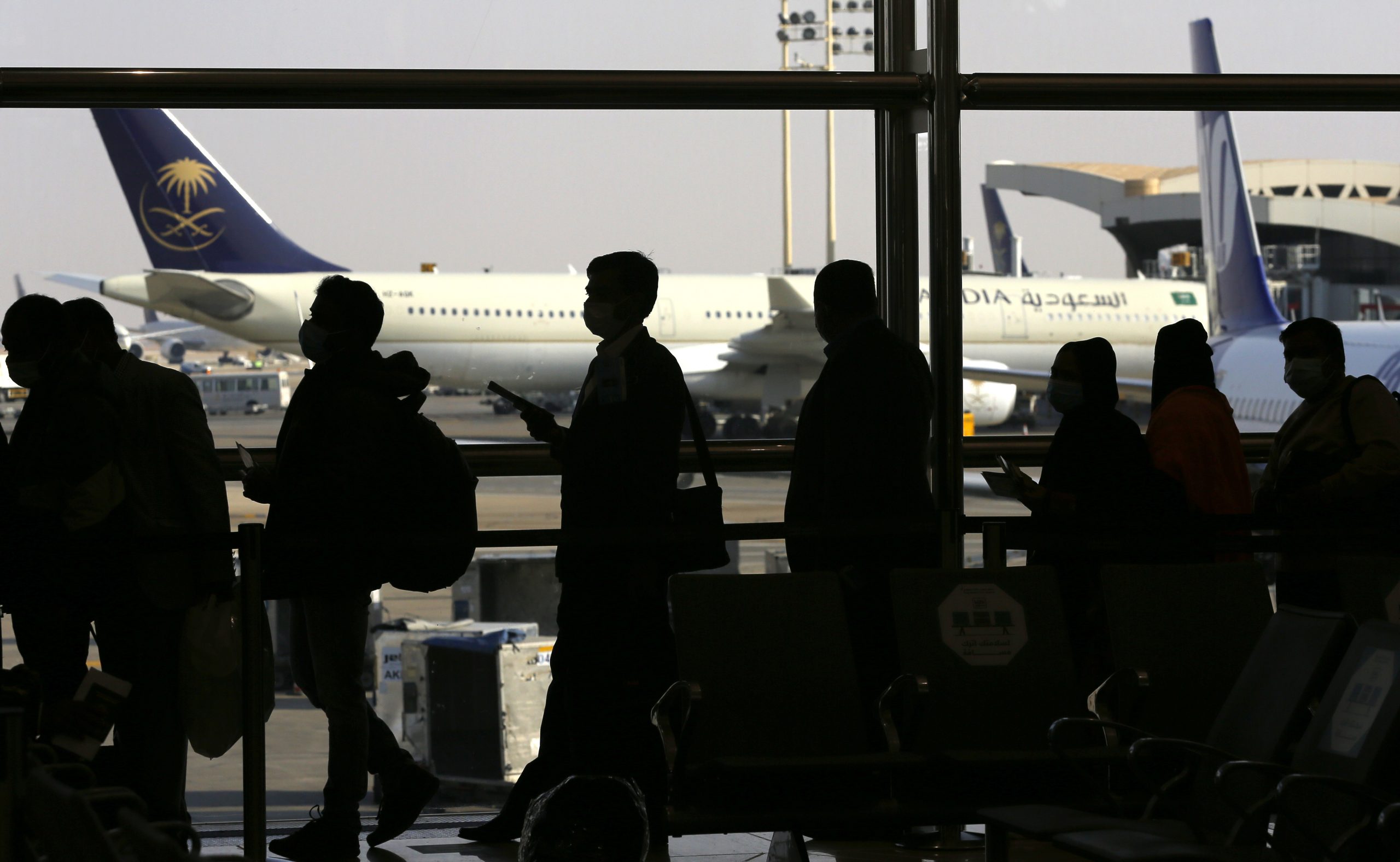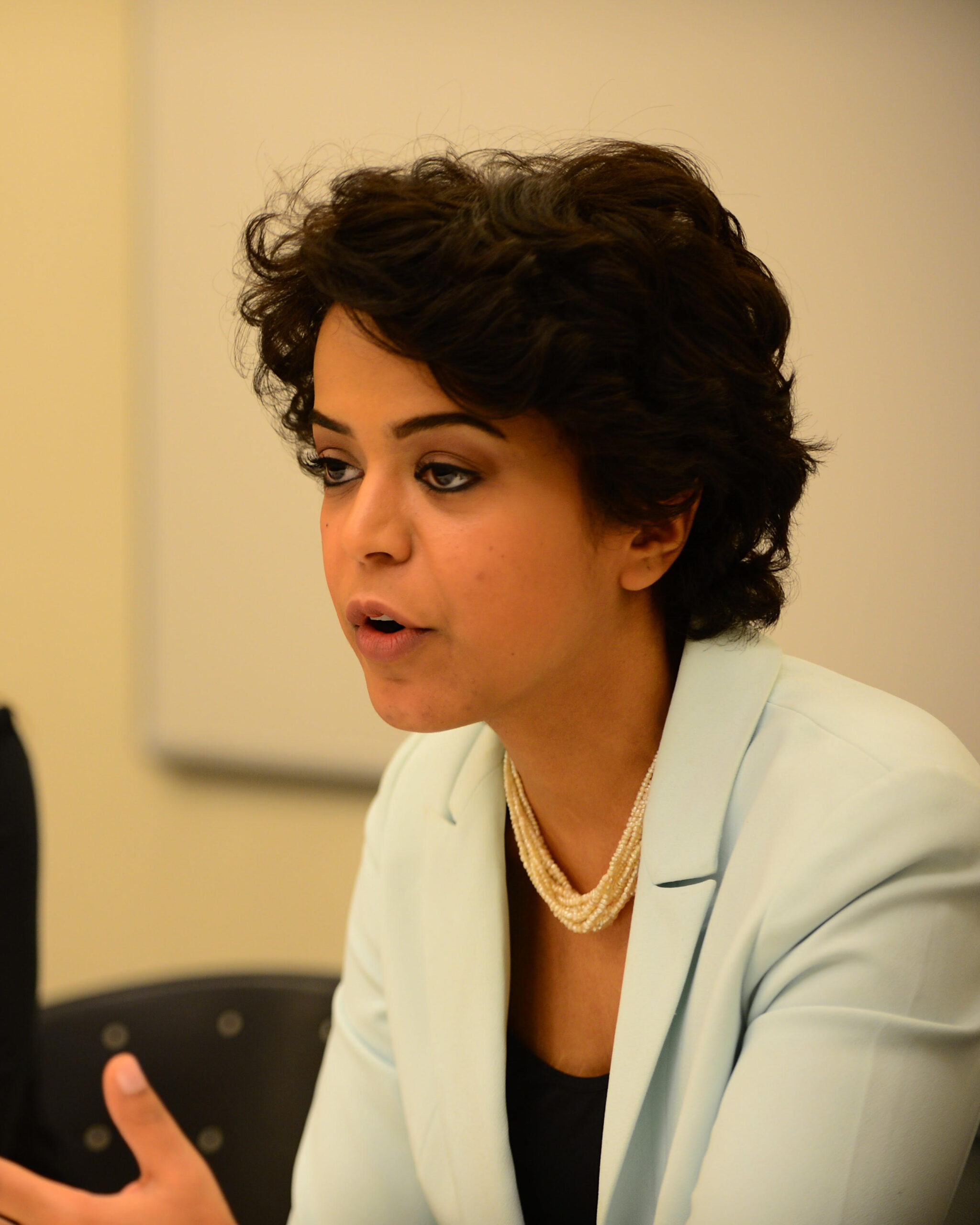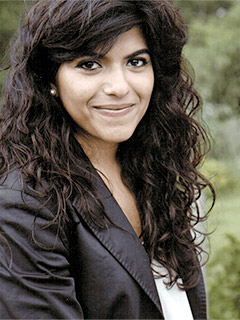Subsidizing Basic Commodities in the Gulf Arab States: Distortive and Regressive
This paper uses economic theory to demonstrate the negative implications of subsidies.
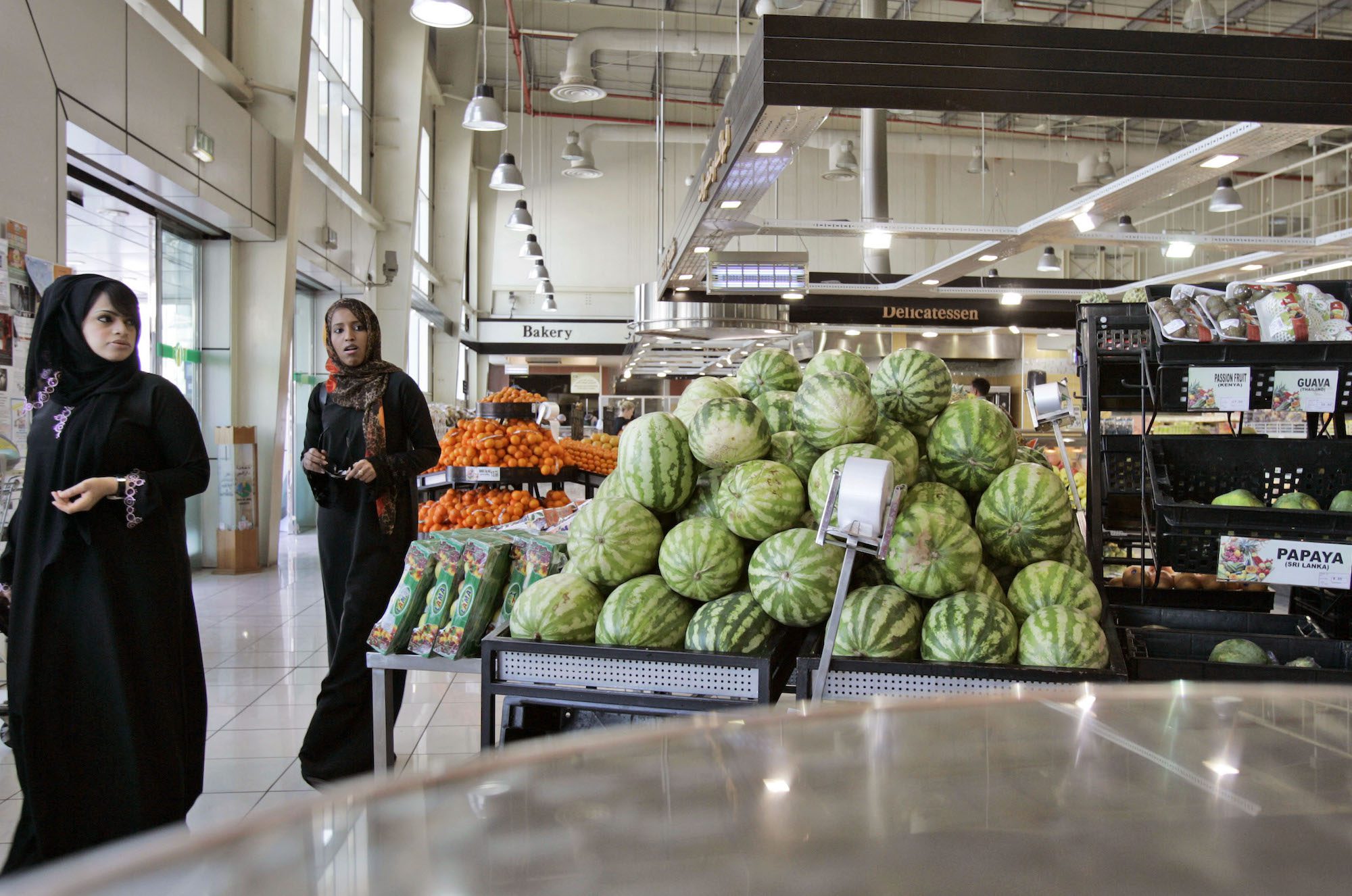
Executive Summary
The Gulf Arab countries allocate a large amount of funds toward subsidies for basic commodities, which include energy, water, and various foodstuffs. These policies are counterproductive and should be phased out: They impose a large financial burden on the state at a time when fiscal responsibility is a priority; they systematically support the rich rather than the poor; they distort prices in a manner that leads to overconsumption and the adverse consequences of the overconsumption are compounded in that many of the subsidized commodities have negative effects on the environment. This paper uses economic theory to demonstrate the negative implications of subsidies.
The AGSIW Visions of Change Series
As Gulf Arab governments adjust to fiscal deficits driven by lower oil prices, the state, traditionally the leader in economic development, is under pressure to utilize available finance from the private sector. In labor markets, the state will need to reassess its role in providing the bulk of job creation for Gulf citizens, as well as question its reliance on low-wage foreign labor. These recalibrations of the Gulf economic development model have been under discussion in the “visions” of national development plans for some time. But the necessity of expeditious structural reforms is now far more pressing. Diversification away from resource-dependent state spending will require changes across the economies, and the societies, of the Gulf Arab countries.
This paper is a part of AGSIW’s Visions of Change series, examining how the Gulf Arab countries are addressing reduced hydrocarbon revenue and responding to pressures to liberalize their economies. This series engages how these efforts are unfolding across the region, by sector and country, to underline the challenges, opportunities, and risks of innovation and economic change.
The views represented herein are the author's or speaker's own and do not necessarily reflect the views of AGSI, its staff, or its board of directors.
